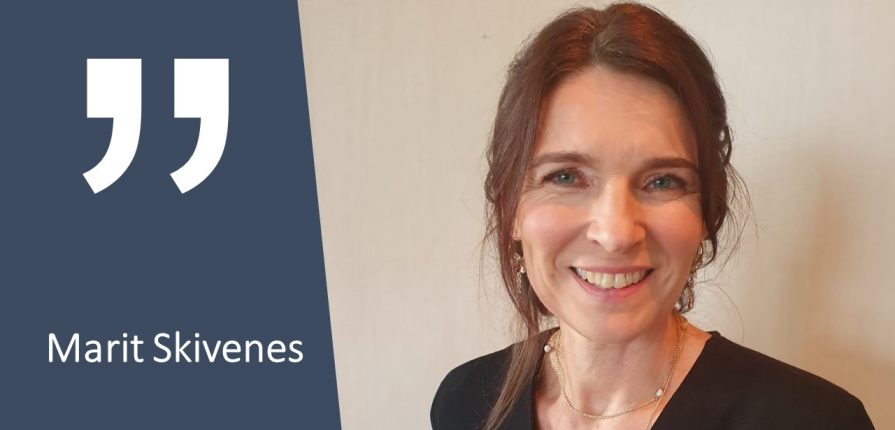BLOG: Service provisions to vulnerable families with babies.
Blogpost by Professor Marit Skivenes
Governments have a responsibility to provide necessary support for vulnerable families, and the Nordic welfare states pride themselves in being supportive and generous for those in need of assistance. In child protection the obligation to provide support and services to families is also connected to prevention of intrusive interventions such as removing a child from its parents’ care.
The European Court of Human Rights in 2013 clearly underscored the responsibility to provide services in child protection cases, in a stark critique of the Spanish state that “could have helped remedy by means other than the complete break-up of the family, a measure of last resort to be applied only in the most serious cases” (R.M.S. vs. Spain 2013, para. 85).
The government’s obligation to provide services
A troublesome fact is that in child protection there are knowledge gaps in terms of how states fulfill their obligations, and especially we see that service provisions for vulnerable families with newborn babies is an understudied area. There is a need for more knowledge about the effects of services and what is actually provided to the child and the parents. Even in highly developed and generous welfare states such as the Nordic, there are huge knowledges gaps.
In a recent study of 8 European countries (Austria, England, Estonia, Finland, Germany, Ireland, Norway and Spain) we studied one type of difficult case: mothers with newborn babies who are considered to be in high-risk situations. In such cases, we expect the government’s obligation to provide services to be especially prominent, because an intrusive intervention may result in a permanent breach of family relations.
Even in highly developed and generous welfare states such as the Nordic, there are huge knowledges gaps.
Marit Skivenes
Our analysis reveals that a seemingly clear and straightforward obligation to prevent child removal unless no other measure is available has not been given sufficient attention in Austria, Estonia, Germany and Spain, whereas in England, Finland, Ireland and Norway service provision was discussed. The variations across jurisdictions are not explained by type of child protection system in place in these countries, and overall, the findings are puzzling given the obligation of every European state to ensure help and support.
Sufficient services for families
The obligation to consider whether services are helping and to find the right point at which to change the direction of a service belongs to frontline staff and judges in child protection. However, it is a policy matter to develop and provide sufficient services for this group of families.
The concern that not enough is done in Europe is accentuated by findings from a study of four Nordic welfare states – Denmark, Finland, Norway and Sweden – in which it is concluded that the prevalence of infant removal is varying from 2 per 1000 to 8 per 1000, and that there is little public policy, practice guidelines and research on infant removals (Hestbæk et al, 2020).
The authors call for a “re-examination of the rights of infants and their specific needs in the welfare states in order to establish responsive and efficient child protection systems.”
Sources:
Luhamaa, K.; McEwan-Strand, A.; Ruiken, B.; Skivenes, M.; Wingens, F., (2021) “Services and support to mothers and newborn babies in vulnerable situations. A study of eight countries.” Children and Youth Service Review.
Hestbæk, Höjer, Pösö & Skivenes. (2020). Child Welfare Removal of infants: Exploring policies and principles for decision-making in Nordic countries. Children and Youth Service Review 108: 104572.

